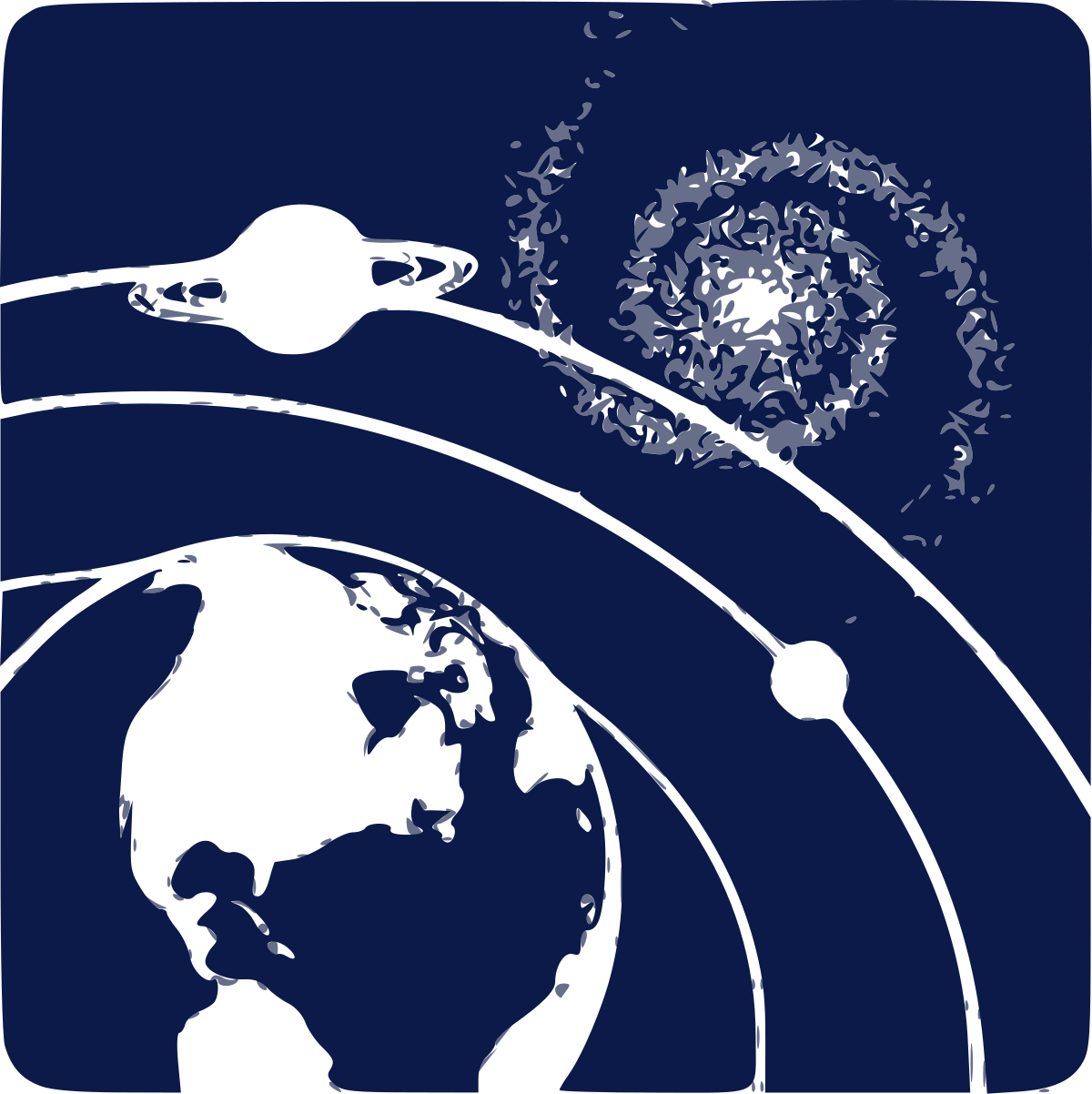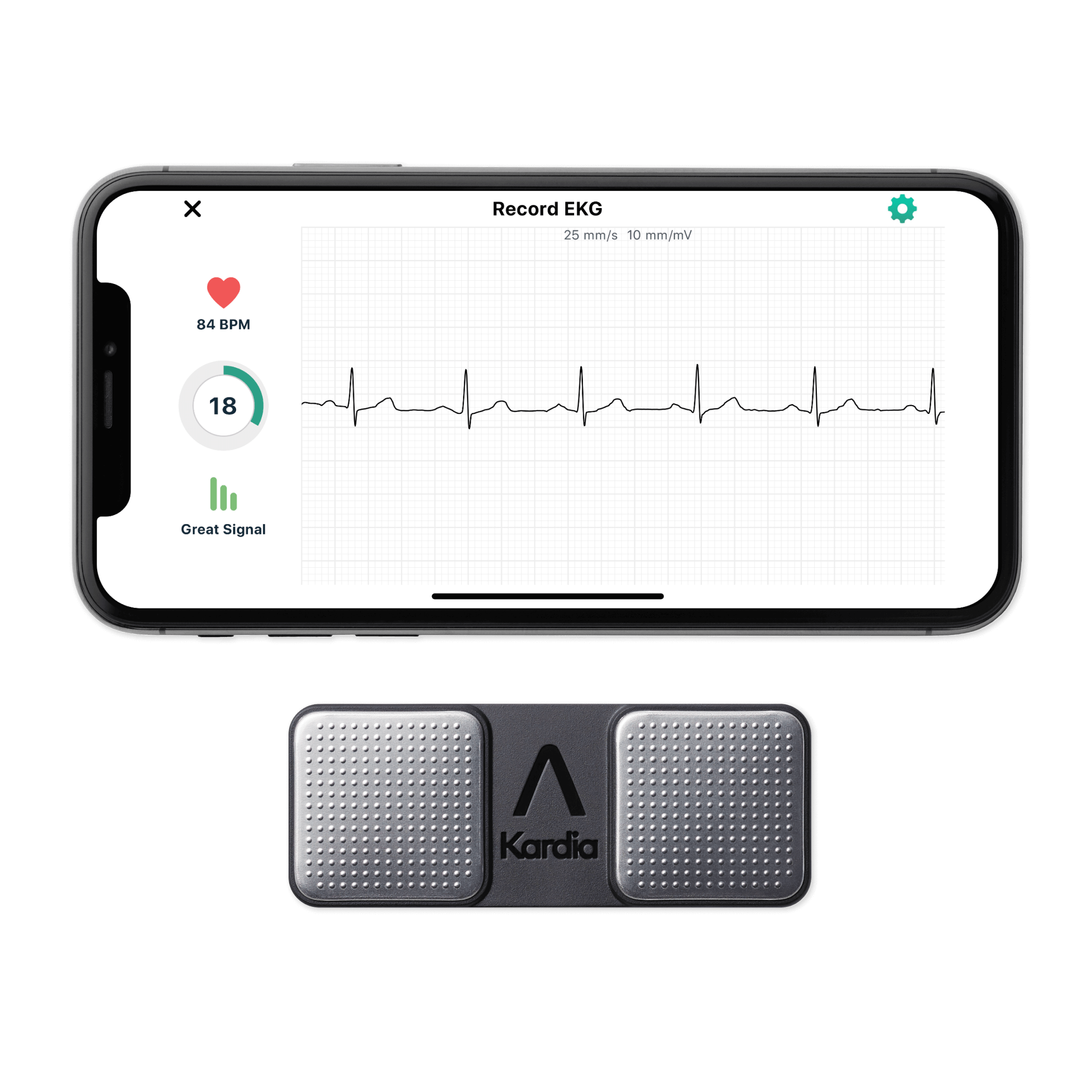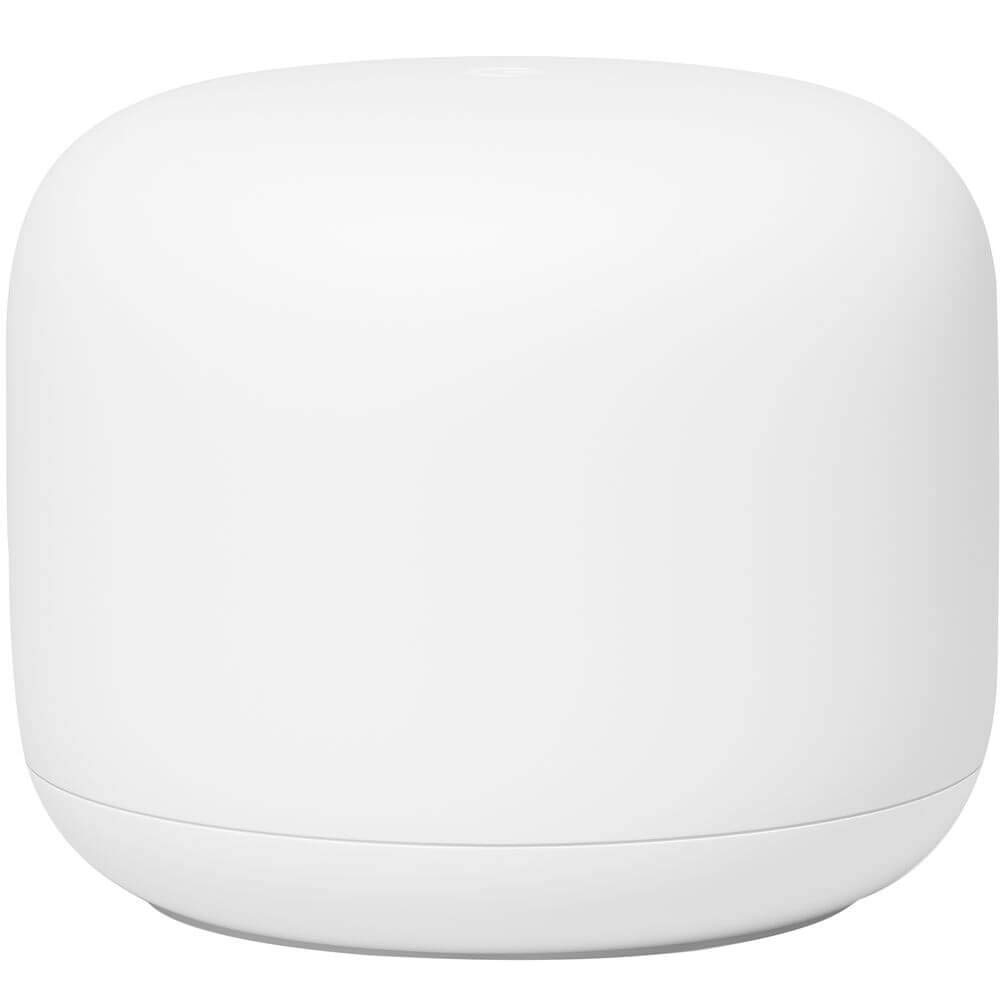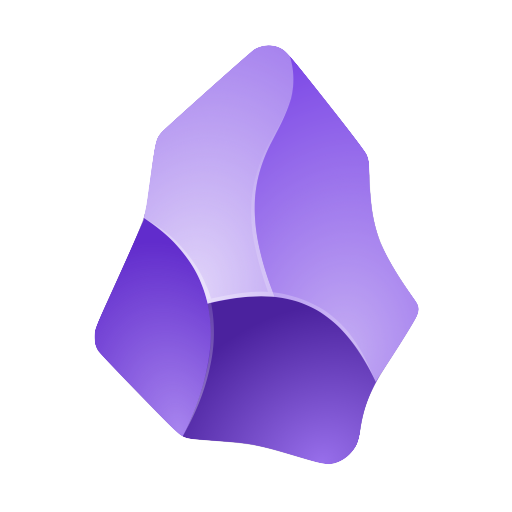NASA's Eyes
Free
NASA's Eyes is a suite of software products that allow users to explore the planets, moons, and other celestial objects using data from NASA's spacecraft.

Our take
A free ticket to the universe from NASA.
Alright, so I jumped into "NASA's Eyes" to see what all the fuss was about. First off, it’s not like anything I’ve seen before. It’s like having a mini planetarium right on your computer. You get to explore the solar system and beyond, and it’s super detailed. But I gotta say, it’s not the easiest thing to navigate at first. If you’re expecting a plug-and-play experience, just know there’s a bit of a learning curve. Once you get the hang of it, though, it’s pretty cool to zoom around the cosmos.
What really stands out is the level of detail. You can see the planets, moons, asteroids, and even some spacecraft in their actual positions. It’s like a live feed of the universe. This is a goldmine for anyone who’s into astronomy or just curious about space. But here’s the catch: it’s not exactly smartphone-friendly. You’ll need a decent computer to really enjoy all the features smoothly. So, if you’re trying to run this on an old laptop, you might hit some snags.
The visuals are stunning, no doubt about that. You can watch simulations of eclipses, planetary transits, and even past missions. It’s like having all those space documentaries rolled into one interactive package. The graphics are top-notch, making everything feel pretty immersive. But sometimes, the software can be a bit glitchy. I had it crash on me a couple of times, which was kind of a bummer in the middle of exploring.
One thing I really appreciate is how educational it is. You’re not just looking at pretty pictures; there’s a ton of info at your fingertips. You can learn about various missions, spacecraft, and celestial events. It’s like a deep dive into space without having to sift through a bunch of articles or videos. However, if you’re more of a casual space fan, some of the detailed data might be overkill. It’s definitely geared toward those who want to dig deeper.
Overall, "NASA's Eyes" is a neat tool for anyone with a curiosity about space. It’s got its quirks, sure, but the pros outweigh the cons if you’re willing to spend some time getting to know it. If you’ve got the right setup and a bit of patience, it’s a fascinating way to explore the universe from your own home. Just remember to save your work often, in case the software decides to take a little nap on you.



